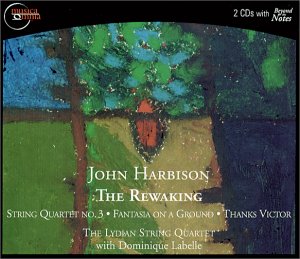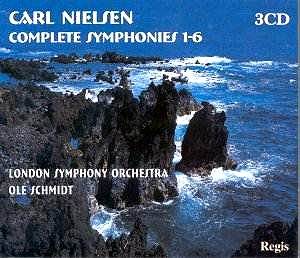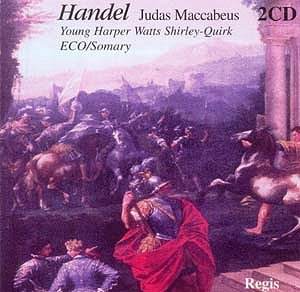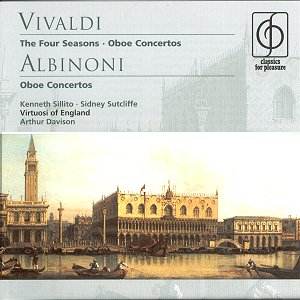 Composer: John Harbison
Composer: John Harbison
Works: The Rewaking (1991), String Quartet No. 3 (1993), Fantasia on a Ground (1993), Thanks Victor (1994)
Performers: The Lydian String Quartet, Dominique LaBelle (soprano)
Recording: Recorded 1997-98, at the Church of the Redeemer, Chestnut Hill, Massachusetts
Label: Musica Omnia MO 0110
John Harbison stands as a pivotal figure in American contemporary classical music, bridging the gap between modernist techniques and accessible musical language. His works, including three symphonies and a Pulitzer Prize-winning cantata, reveal a composer deeply attuned to both the emotional and structural demands of his craft. The present release encapsulates a critical juncture in Harbison’s oeuvre, featuring “The Rewaking,” which sets four late poems by William Carlos Williams, alongside his String Quartet No. 3 and two shorter pieces, “Fantasia on a Ground” and “Thanks Victor.”
“The Rewaking” is particularly notable for its ambitious integration of vocal and instrumental forces, a quintet in which the soprano and string quartet engage in a dialogue that transcends mere accompaniment. Harbison’s assertion that this piece is neither a song cycle nor a string quartet with vocal apotheosis is essential to understanding its unique construction. The work opens with “The Woodthrush,” where LaBelle’s soaring, melismatic lines are deftly woven into the rich tapestry of the string quartet. Notably, at 4’33”, the music pauses to allow the soprano’s ethereal voice to float above a hushed accompaniment, creating a moment of profound intimacy that echoes Williams’s themes of silence and observation. The interplay of vocal and instrumental lines throughout the piece reveals Harbison’s sophisticated approach to texture, where each element contributes equally to the unfolding narrative.
The String Quartet No. 3, a single, continuous movement, further exemplifies Harbison’s ability to explore thematic development within a modern framework. The opening hymn-like theme, reminiscent of American plainsong, establishes a sense of solemnity that permeates the work. The Lydian String Quartet executes this material with commendable warmth and precision, showcasing their tonal homogeneity in passages that demand both rhythmic bite and lyrical expansiveness. The contrasting interludes provide a refreshing respite, allowing for a more melodic exploration that enhances the overall arch of the composition. The performance captures the subtle nuances of Harbison’s writing, particularly in the way the ensemble navigates shifts from homophonic textures to moments of intricate interplay.
Sound quality and engineering are exemplary throughout this release, with the Church of the Redeemer providing a resonant acoustic that enriches the performances. The clarity of LaBelle’s diction ensures that the listener can appreciate the intricacies of Williams’s text, despite the absence of printed lyrics in the booklet. The engineering team has achieved a balance that allows the strings to shimmer alongside the voice, creating a cohesive sonic landscape without sacrificing detail. The addition of interviews with Harbison on the second disc enhances the listener’s understanding of his intentions, situating the music within a broader context of his artistic evolution.
This recording stands out not only for its performances but also for its thoughtful presentation. Harbison’s works are often compared to those of his contemporaries, yet the distinctive blend of lyrical expressiveness and structural innovation in these pieces marks them as particularly significant within the American canon. The thematic explorations of nature, introspection, and renewal resonate deeply, and the musicians’ interpretations elevate the experience beyond mere performance, inviting listeners into a shared emotional journey.
A stimulating release that deserves a place in the collections of both seasoned aficionados and newcomers to contemporary classical music, this disc exemplifies Harbison’s remarkable ability to fuse the personal with the universal, crafting works that continue to speak eloquently to the human experience.



